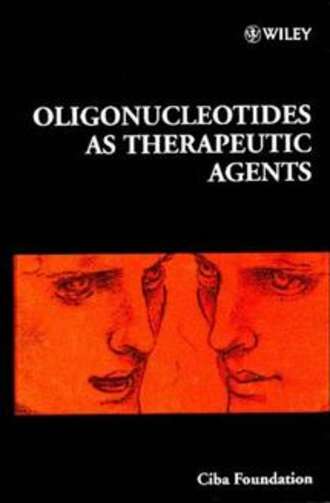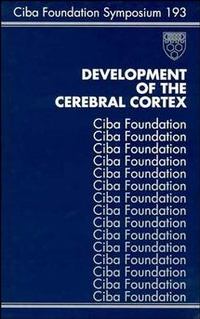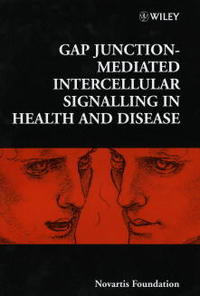
Полная версия
Oligonucleotides as Therapeutic Agents
The use of oligonucleotides as therapeutic agents rests upon their ability to interfere, in a sequence-specific manner, with the fundamental machinery of protein synthesis either by binding to the mRNAs transcribed from a gene or by binding directly to a target gene. This approach can be used not only for inhibition of the synthesis of host proteins but also of those required by invading pathogens. Potential therapeutic applications are enormous, ranging over hypertension, cardiovascular disease, autoimmune disease, vital and other parasitic infections (especially HIV), and cancer. This book discusses the chemistry and pharmacokinetics of oligonucleotides and their analogues, and surveys the results of structure-activity studies and current clinical trials. It also critically reviews the problems with antisense therapy, such as the enzymatic destruction of oligonucleotides, the doses required for a therapeutic response, the difficulty in directing oligonucleotides to particular target tissues and cells, the need for parenteral administration, and doubts concerning the mechanism of action (especially problems associated with non-specific binding to proteins) and long-term effects.








